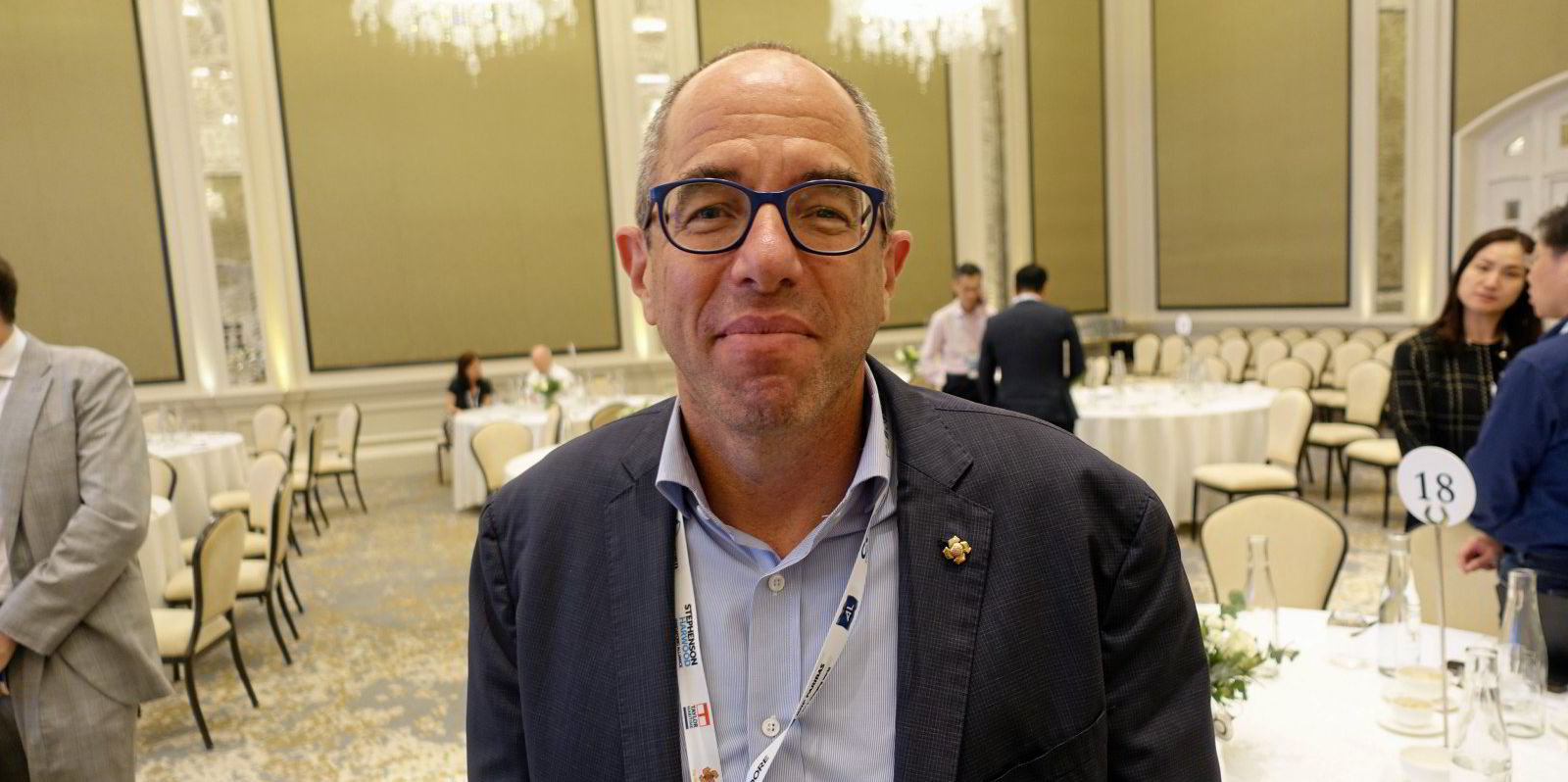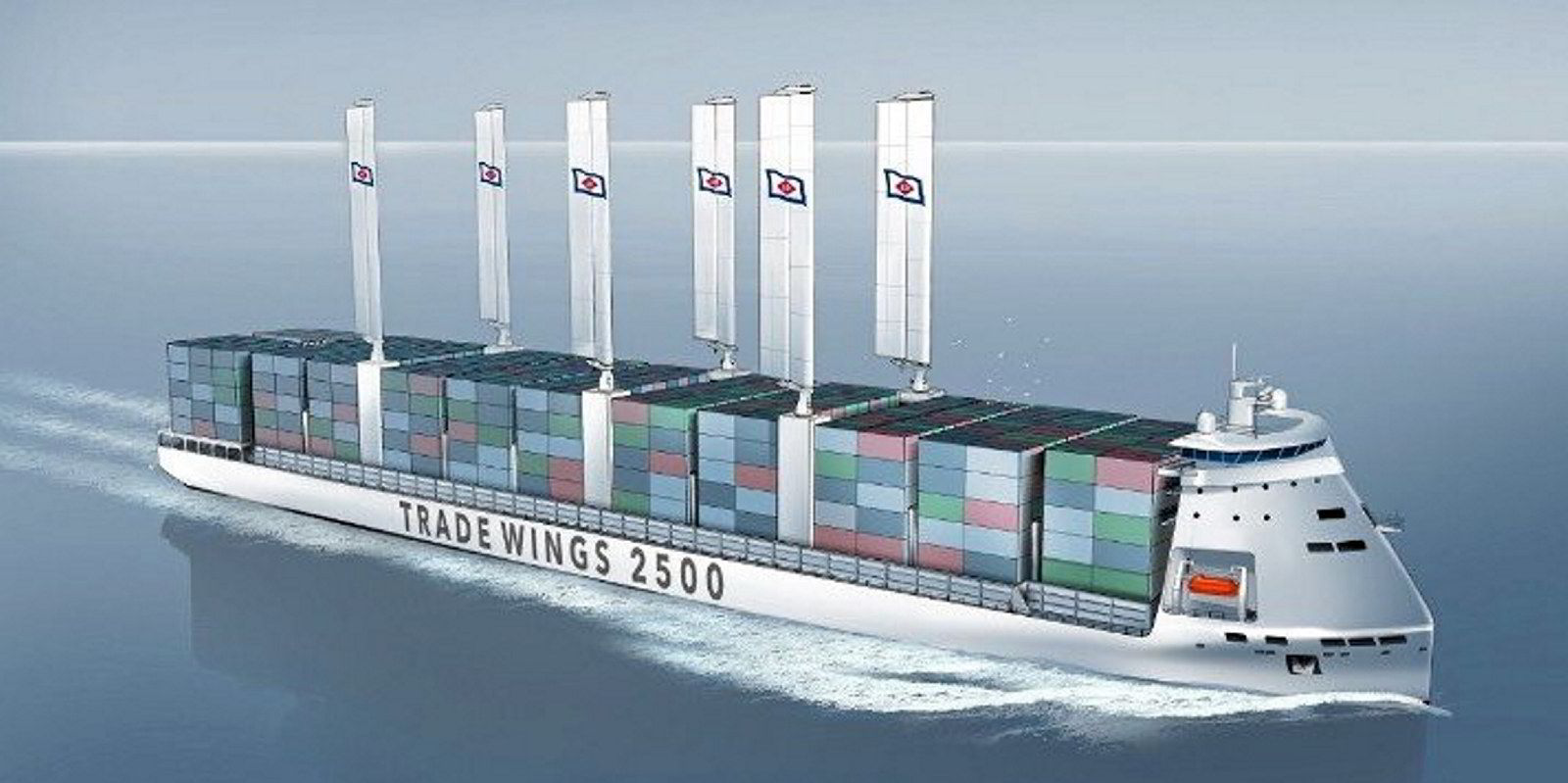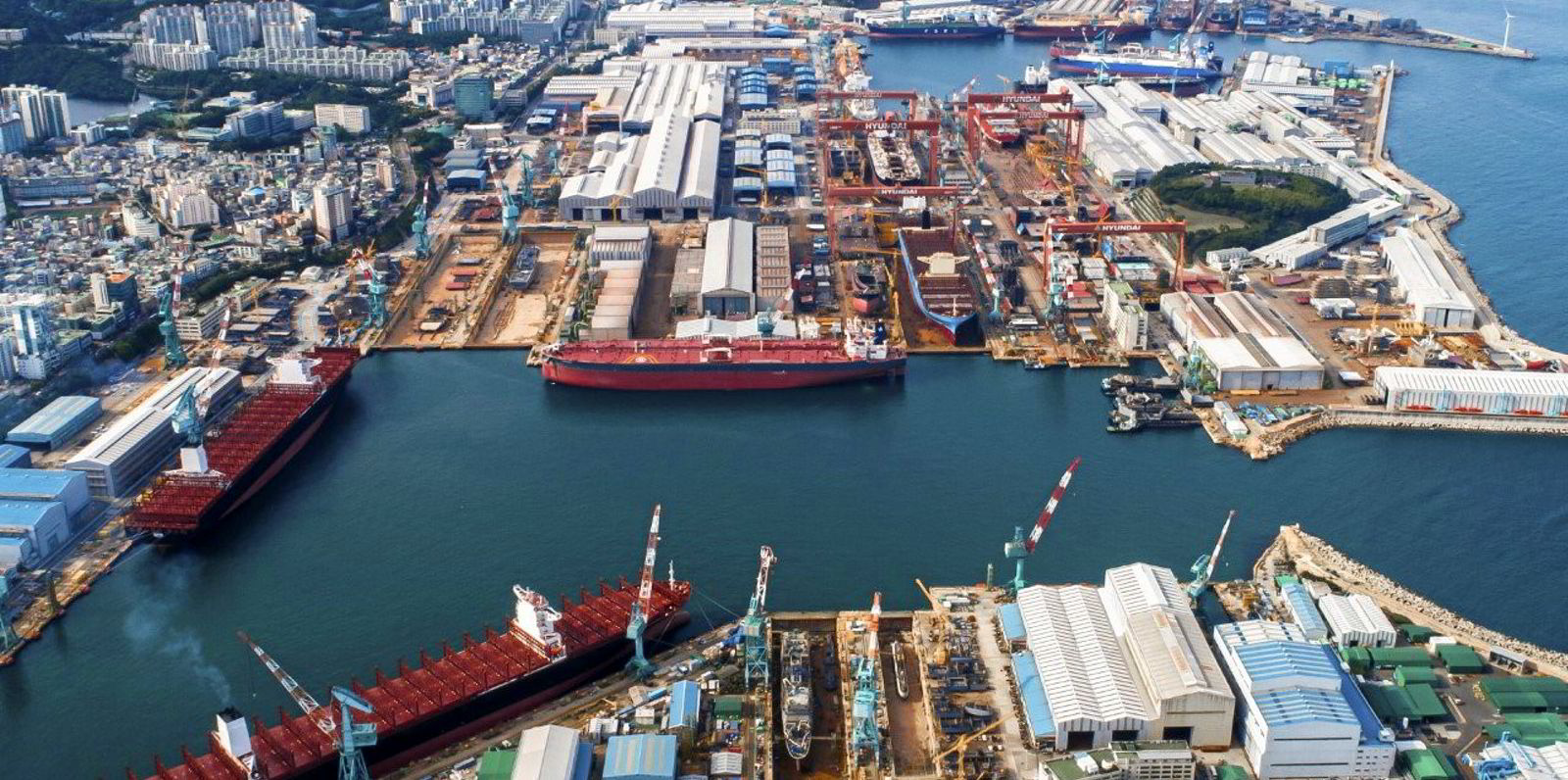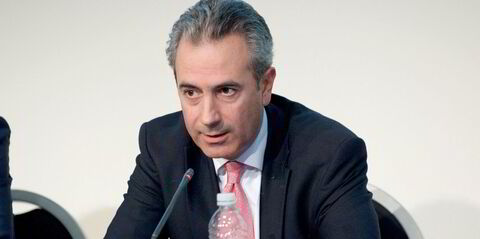Singapore-based X-Press Feeders has inked an order in China for a further six 1,250-teu feeder container ships.
Eastaway — the company’s shipowning division — will take delivery of the first ship in the third quarter of 2025.
The remaining five ships are scheduled for delivery through to the third quarter of 2026.
The order brings the tally of dual-fuel vessels in the pipeline for the Asian feeder specialist to 14 vessels.
Schmulick (Shmuel) Yoskovitz — chief executive of the Singapore-based feeder container giant often referred to under its alter ego, Sea Consortium — did not reveal the cost of the latest orders.
However, he alluded to the importance of the vessels in helping the company reach its net-zero emissions target by 2050.
The vessels will be fitted with dual-fuel engines capable of operating on conventional fuel and methanol.
The group would also employ other strategies to attain such as carbon capture and exploration of future fuels, he said.
Sdari Sealion
The ice-class vessels will adopt the Sdari Sealion CV1250 methanol dual fuel design, built by CSSC Huangpu Wenchong Shipbuilding.
The ships will be managed by Eastaway and will operated by X-Press. Initial deployment of the vessels will likely be in the company’s European network.
Eastaway is currently building eight methanol-powered, 1,170-teu container ships at two other shipyards in China.
New Dayang Shipbuilding and Ningbo Xinle Shipbuilding Group were each contracted to build four firm vessels and options for an additional four ships at the end of 2021.
That initial batch of 1,170-teu newbuildings are slated to be delivered between the final quarter of this year and the end of 2024.
X-Press expects its newbuildings will produce about 75% less emissions when operating on green methanol.
The orders are “proof of our commitment to not only talk about carbon neutrality goals but invest and take risks to achieve them”, Yoskovitz said.
“X-Press Feeders will continue to look at ways to further invest resources to reduce emissions through more efficient operations and promoting sustainable practices throughout our network,” he added.





